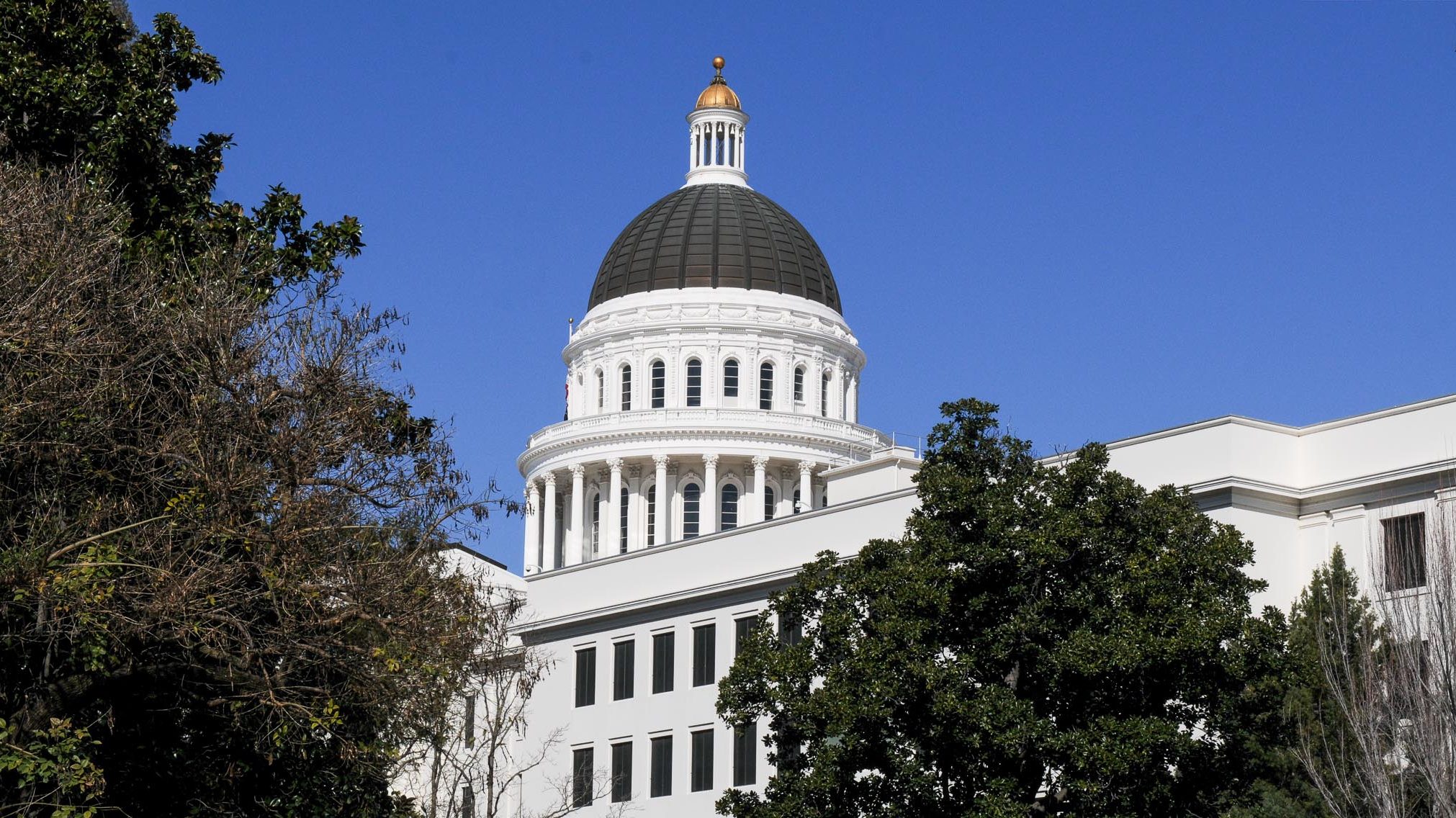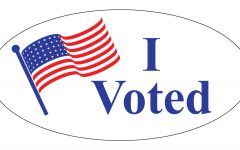
Money. (Photo: public domain)
New Sports Wagering Ballot Measure Submitted
In addition to the 25% tax rate, each operator must remit 1% of their gross gaming revenue to fund problem gambling programs
By Chris Micheli, August 13, 2021 8:38 am
On August 12, a proposed initiative was submitted to the Attorney General for title and summary concerning sports wagering. It is 21-0009 and titled “California Sports Wagering and Consumer Protection Act.” Its listed proponents are Helen Fisicaro, Raul Peralez, and Tasha Cerda. Comments about the proposed ballot measure may be submitted to the Attorney General’s Office through September 13.
Section 1. Title – This section would name this measure the California Sports Wagering and Consumer Protection Act.
Section 2. Findings and Declarations – This section would provide 14 findings, although there is a misnumbering of them in the text of the measure. Among the findings and declarations are:
- In May 2018, the US Supreme Court held the federal prohibition on sports wagering was unconstitutional.
- Unregulated and untaxed sports wagering is already occurring in California without any consumer protections.
- Illegal operators should not be reaping millions without providing any tax revenues to support state residents.
- Leading economists and industry experts estimate that lawful sports wagering in California could generate billions in economic activity.
- This act amends the state Constitution to license, regulate and tax sports wagering.
- This act would enable the State to generate hundreds of millions of dollars in revenue for the benefit of Californians.
- Californians aged 21 and older should have the choice to participate in legal sports wagering.
- Sports wagering must be limited to those aged 21 and older. No advertising or marketing can be made to children.
- Sports wagering cannot be made on any form of prohibited animal contests.
- A well supervised system will limit sports wagering to highly regulated and safe facilities that are experienced in gaming operations and who have the financial resources to responsibly operate in this state. Annual audits by operators are required and are to be made public to state regulators.
- This act is intended to regulate and tax sports wagering.
The text of the measure then states it would amend Article IV, Section 19. First, it would amend subdivision (f) that authorizes tribal gaming in this state to include “sports wagering.”
Second, it would add a number of new subdivisions beginning with subdivision (h). It would allow authorized gambling establishments to offer games played with cards or tiles, including Blackjack, 21, and Baccarat, but not banking games. A banking game does not include poker. Player dealer games are authorized. Local ordinances shall control and enforcement is through the Department of Justice and no civil cause of action shall accrue.
Third, commencing January 1, 2023, the Department of Consumer Affairs is authorized to license operators to offer sports wagering on both professional and collegiate events. Eligible operators include racing associations, tribes with gaming compacts, gambling establishments, and professional sports teams. Each operator can offer online or mobile sports wagering. All sports wagering is subject to this section of law.
Fourth, the following limitations apply: must be 21 years of age or older; sports wagering cannot be portrayed as similar to slot machines or casino-style games; no wagering is allowed on officiating or whether injuries will occur; marketing or advertising shall not be directed at those under 21 years of age; official league or association data shall be used for live betting; providers must cooperate with leagues and associations in barring individuals who will harm the integrity of the sport; DCA shall perform all the licensing, investigating, and auditing; and, the tax rate is 25% of gross gaming revenue.
Fifth, in addition to the 25% tax rate, each operator must remit 1% of their gross gaming revenue from sports wagering or online sports wagering to fund problem gambling programs. The total amount collected cannot exceed $10 million. Also, all sports wagering platforms must pay a bi-annual license fee of $1 million as well as a one-time licensing fee of $5 million.
Sixth, the funds collected shall be deposited into a special account to be appropriated by the Legislature to assist the state in dealing with issues of homelessness, affordable housing, public education, and mental health. The DCA shall adopt regulations necessary to implement sports wagering.
Seventh, the following terms are defined: “gross gaming revenue,” “online sports wagering,” “sporting event” (professional, college or amateur), and “sports wagering.”
There is a severability clause so that any invalid provisions do not invalidate the entire act. Also, if there is a conflicting initiative on the same ballot, whichever measure receives the greatest number of votes in favor prevails.
Once a title and summary are provided for this measure, then its proponent can pursue the collection of signatures to try and get on the November 2022 ballot.
- Committee Versus Floor Lobbying - March 1, 2026
- Fishing Traps in California - March 1, 2026
- What Type of Lobbyist Do You Want to Be? - February 28, 2026





Can we bet on the sport of Governor recall? 😉
25% tax rate+ license fee of $1 million as well as a one-time licensing fee of $5
the funds collected shall be deposited into a special account to be appropriated by the Legislature to assist the state in dealing with issues of homelessness, affordable housing, public education, and mental health.
Sure the funds will go there…just like gas tax…used for “different purposes” by relabeling them.
This sports wagering will be looked at to feed the pork legislators will feed back to their donors…so they will want to tax you for every dollar won to the cent.
Craps at indian gaming are the worst…so am sure sports betting will be ruined too
Here we go… just like the lottery back in the day… now watch where these funds REALLY go…
{POOF!}
And why are California and Colorado almost in lock-step on all these “progressive” legislative initiatives??? There’s a central planning element at work here that’s calling these shots… and it ain’t a good thing….
25% tax? Illegal bookies charge 5%. This another fantasy bonanza, just like legal recreational weed.